What tradition is defended by Aleksandr Dugin? (Cristian Derosa)
What tradition is defended by Aleksandr Dugin? by Cristian Derosa
Interviewed as an "expert", among other things, the ideologist gave an explanation about what "tradition" is
In recent weeks, the Estúdio fifth element YouTube channel interviewed Russian ideologist Aleksandr Dugin. Influencer Kim Paim went live with the leaders of the New Resistance and started circulating rumors about other so-called conservative groups and movements that adhere to what Our Lady, in Fátima, called Russia's mistakes. Whether it was ingenuity or opportunism that knocked on the door, we don't know. In the same week, Dugin congratulated the Worker’s Party website Brasil 247 for the good treatment it gave to his person.
During an interview, given to the then little-known interviewer Arthur Pinheiro Machado, Dugin disagrees with him on the point that liberalism is only against Christianity. Praising the questions, Dugin disguises but completely disagrees, pointing out as the target of liberalism “the entire sense of sacredness and sacredness”, which includes both Christianity and African, Chinese, etc. cultures. sacred"? How does Dugin explain his meaning of “multipolarity”? What's behind this?
Firstly, the Russian propaganda nature of Dugin's work is widely known among students of the philosopher Olavo de Carvalho, and it is therefore not excusable for a student to be unaware of this reality. Last month, the National Studies Institute offered a course on the Spiritual Roots of globalism and Eurasianism. The course is still open for registration for anyone interested, in which I explained several terms summarized in some articles on this website.
What has been left aside by the curious or media enthusiasts of Dugin's new Russian proposal is the occult nature of the meaning that Dugin gives to the word “tradition”, a term about which the 5th Element channel called on Dugin to clarify on condition “expert”.
Tradition, for Dugin, is aligned with the understanding of his spiritual and political masters, linked to two main esoteric currents, the traditionalism of René Guénon and völkish occultism or Wotanism (Norse cult of Odin). The latter was originally rescued by the Pan-German ariosophists who influenced the mystique of German national socialism. Ariosophy is a Germanic version of theosophy, created by the German-Russian, Helena Blavatsy. Blavatsky's doctrine of root races is considered a precursor of both Nazism and the New Age movement, being particularly influential in the creation of modern genetic engineering, the basis of current globalist transhumanism of which Dugin claims to be a staunch opponent.
From Guénonian traditionalism, Dugin removed the belief in the existence of a primordial tradition that would unite, in origin, all traditional religions, being the basis for the current “inter-religious dialogue”, according to Guénon, “distorted” by the new age movement. For Guénon, traditionalism is far superior to the mere syncretism of the new era. However, if the new era is defined as religious indifferentism, the perennialism of Guénon and others is easily defined as a gourmetized version of the same indifferentism, transposed from the exoteric (external) vision to an internal and esoteric aspect, instead of mere religiosity. or spirituality, now linked to the highest term: tradition. This tradition, Gnostic in its basis, therefore, is the one believed by Dugin and about this there are endless confessions by the ideologist in this regard.
Worse than that is his confession that his preferred Gnostic line is what Guénon called “counter-initiatic”, that is, the left-hand path, the same one adhered to by Hitler and the very basis of all revolutionary mysticism. : the path of metaphysical revolt, destruction and war.
Therefore, the Duguinist tradition is the anti-Christian tradition par excellence and this is the reason why the “thinker” ignored the question about the target of liberalism in Christianity. There are only two primordial traditions in human history: the Catholic tradition and the Gnostic tradition, whose bifurcation was generated by the interpretation of the Fall.
For the Abrahamic and Jewish tradition, from which Christianity arose, Adam and Eve were deservedly expelled from Paradise for disobedience to God by giving in to the temptation of the serpent, the Devil. In the other tradition, the serpent represents knowledge and the temptation would have been, in fact, the liberation of man from the darkness imposed by the creator God, evil in his essence. This last tradition began to spread around the 2nd century from apocryphal gospels and was opposed by several Church fathers, such as Saint Ignatius of Lyon.
https://www.estudosnacionais.c....om/38878/que-tradica
0


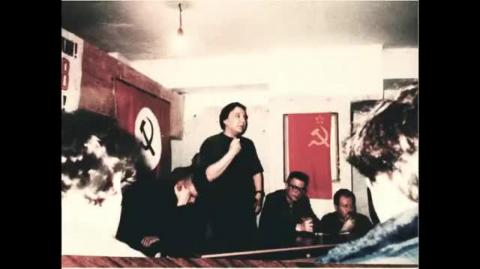
 Sant77
Sant77
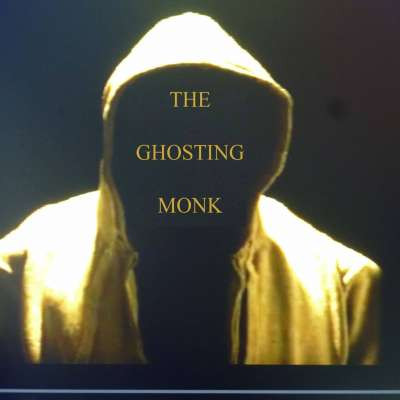 mrghoster
mrghoster
 Coach_Corey_Wayne
Coach_Corey_Wayne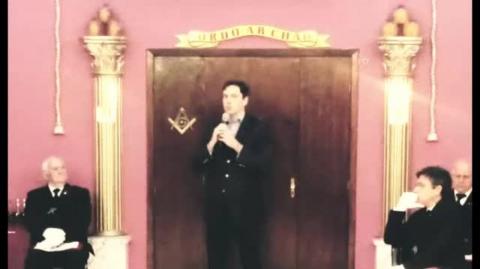
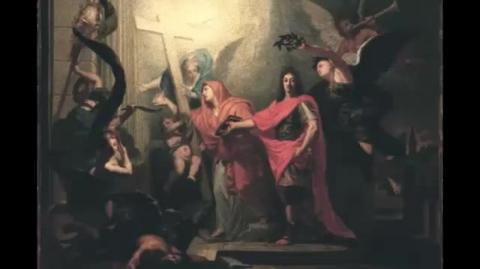
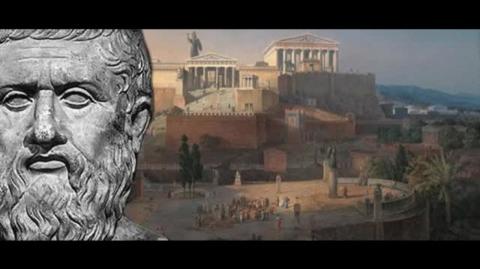
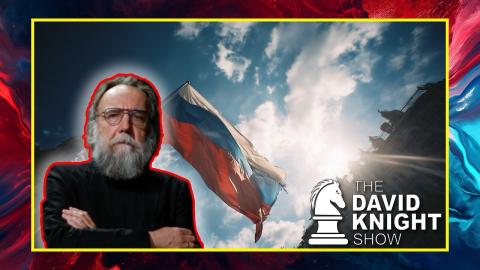
 The David Knight Show
The David Knight Show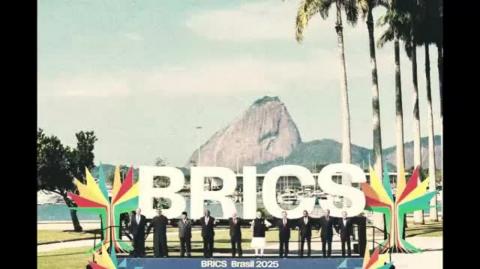
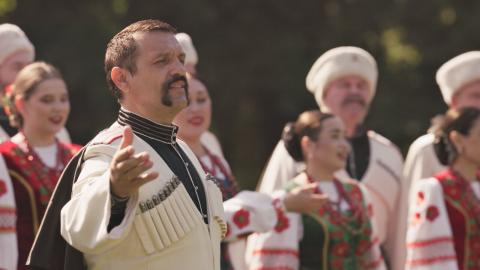
 RT
RT
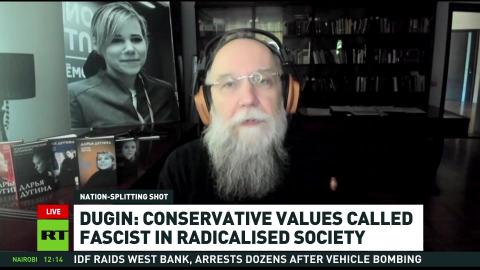

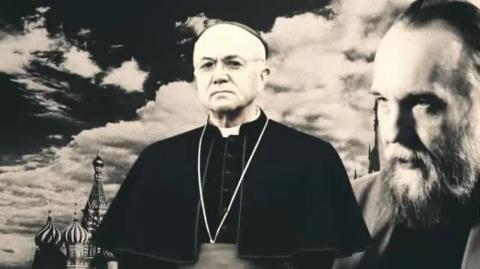



 TheSaltyCracker
TheSaltyCracker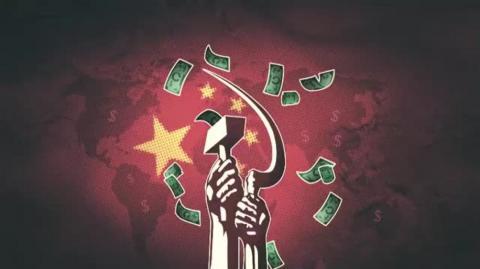





Log in to comment